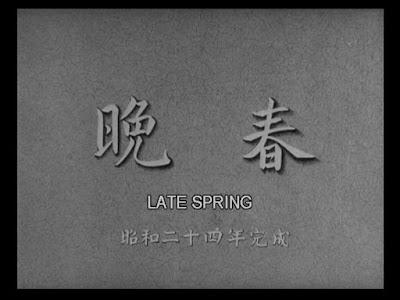During WWII a wounded German paratrooper, Stroszek, after being released from the hospital, is reassigned to light-duty on the small Greek island of Kos. There's only 60 soldiers on the island and he along with two other soldiers and his wife are stationed to guard a small fort. With nothing to do, the four quietly idle away their days. For a normal person this would be a cake job, but the empty time is too much for Stroszek and he slowly starts to go insane.
This is very simple story and in a lot of directors hands it would end up a boring disaster, but somehow the young Werner Herzog turns this (his first feature length film) into an absolutely beautiful movie. So much so that when I finished it, I watched it all over again! It's hard to put my finger on it, but the entire film is simply hypnotic. The slow pace, the almost documentary-like filming style, the performances that Werner pulled out of the cast of mostly unknown or non-actors, the beautiful b&w photography, the odd sounds and maybe most importantly the gorgeous music by Stavros Xarhakos. His music was the thing that really propelled the film from being just "above average" to "great".
SIGNS OF LIFE is not for all audiences, but if you are willing to give it a chance I think that you will walk away a better person.
Werner Herzog in the background.


























































